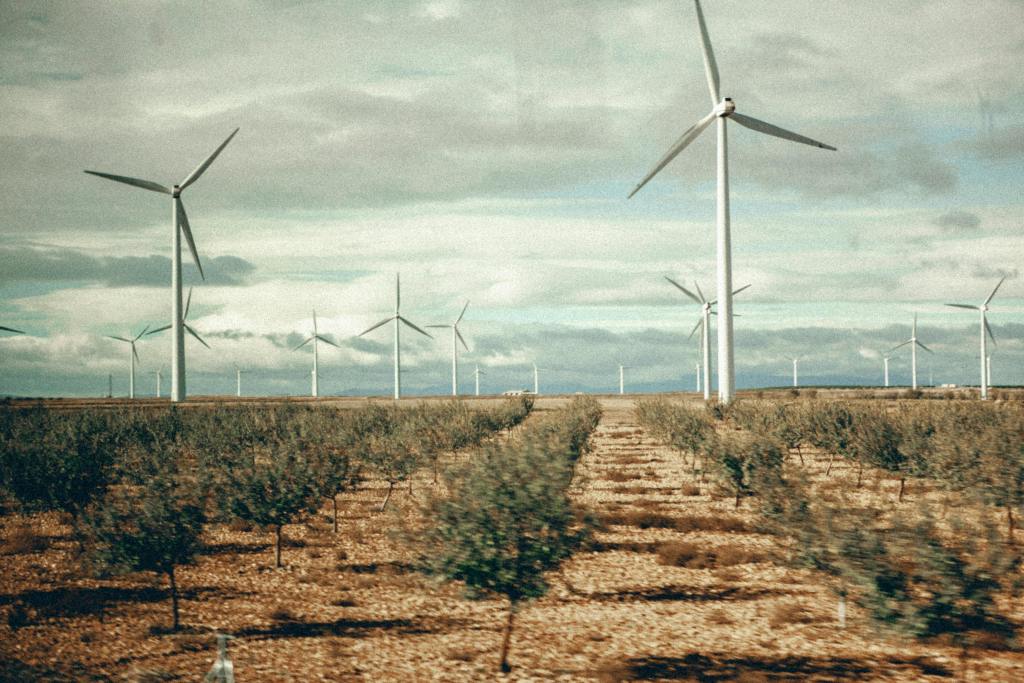Artificial Intelligence (AI) has the potential to significantly transform energy access in Africa by improving equitable energy access, fostering innovation, and optimising energy production and consumption.
AI can facilitate the design and implementation of energy access that is affordable and equitable. By analysing socio-economic data, AI can identify underserved communities and tailor energy solutions to their specific needs. For instance, Atlas AI, in partnership with Engie Energy Access, uses machine learning to map energy poverty and prioritize areas for energy infrastructure investments. This collaboration leverages satellite imagery and AI-driven socio-economic modelling to identify regions where energy access can have the most significant impact: specific high-density areas with unreliable grid access and identifying potential customers who have the income to repay consistently. This data-driven approach has reduced deployment costs and led to a 48 per cent increase in sales of solar home systems.
AI can be used to evaluate the risks and returns of renewable energy projects in underserved areas, making it easier for investors to identify viable projects. This can lead to increased investment in regions that are traditionally considered too risky for energy projects. Nithio, an Africa-focused fintech, uses AI to increase access to finance for universal energy access and climate resilience in Africa. By utilising geospatial data, consumer repayment data, and financial modelling to standardise credit risk, Nithio’s AI platform facilitates affordable financing for energy projects that serve low-income communities. This approach has expanded energy access by making solar power more affordable and accessible to those who cannot afford upfront costs.
Businesses and governments can use AI to make data-driven decisions that affect millions of people. AI platforms can analyse vast amounts of data to identify market opportunities, optimise operations, and enhance customer engagement. AI can simulate the impacts of different energy policies, helping policymakers to understand the potential outcomes and refine their strategies accordingly. This ensures that policies are equitable and effectively address the energy needs of underserved communities.
AI can enhance the efficiencies of both energy systems and related financing mechanisms. Losses in distribution networks can be reduced by predicting energy demand and managing supply. For instance, AI algorithms can forecast solar and wind energy production, enabling better integration of renewable sources into the grid. In Kenya, companies like M-KOPA have utilised AI for the deployment of solar home systems. M-KOPA uses predictive analytics to analyse data on customers to determine their credit rating, determining their debt limit and the optimal repayment schedule for SHS loans.
Source link : https://blogs.lse.ac.uk/africaatlse/2024/07/24/ai-can-help-provide-universal-access-to-energy-in-africa/
Author :
Publish date : 2024-07-24 07:00:00
Copyright for syndicated content belongs to the linked Source.
